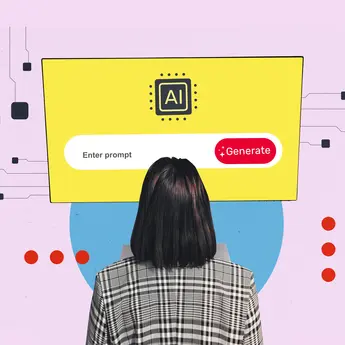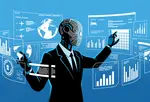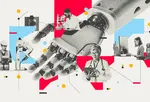What is task reallocation?
A Working Definition from MIT Sloan
task reallocation (noun)
The redistribution of routine tasks to artificial intelligence so employees can concentrate on tasks they perform better than AI, such as problem-solving and idea generation.
When artificial intelligence can perform most of the tasks that make up a particular job, the share of people in that role within a company is likely to decrease.
But when only a small number of tasks within a role can be reallocated to AI, workers can actually benefit: They gain the capacity to focus on work at which humans excel, such as critical thinking and ideation, and hiring for their role may increase.
Those are among the findings of a paper by MIT Sloan associate professor Lawrence Schmidt and colleagues, titled “Artificial Intelligence and the Labor Market.”
Building on earlier research by MIT economists Daron Acemoglu and David Autor and others, the findings point to the significant role that management decisions can play in determining AI’s impact on workers.
“One of the important roles of firms in minimizing the displacements from AI is to really lean into task reallocation: Take your existing workforce, work with the AI, and make sure time is being reallocated toward tasks where people have a comparative advantage,” Schmidt said.
In studying companies that adopted AI-based accounting software, MIT Sloan assistant professor Chloe Xie and colleagues found that about 9% of accountant time was reallocated from routine data entry to high-value tasks such as business communication and quality assurance.
Future of Work

Generative AI Business Sprint
Attend Online
REGISTER NOW
Future of Work

Future manufacturing: How to solve the US productivity paradox
U.S. manufacturing productivity remains flat despite an uptick in new factory and workforce growth in recent years. MIT experts suggest three solutions.
Agentic AI, explained
The age of agentic AI — systems that are semi- or fully autonomous and can act on their own — has arrived. Here’s what you need to know, according to MIT experts.
How to boost pro-worker AI in your company
As AI capabilities advance, the window for shaping whether the technology augments or replaces workers is narrowing. Decision makers need to step up, MIT researchers say.
Choose the human path for AI
To realize the greatest gains from artificial intelligence, we must make the future of work more human, not less.





